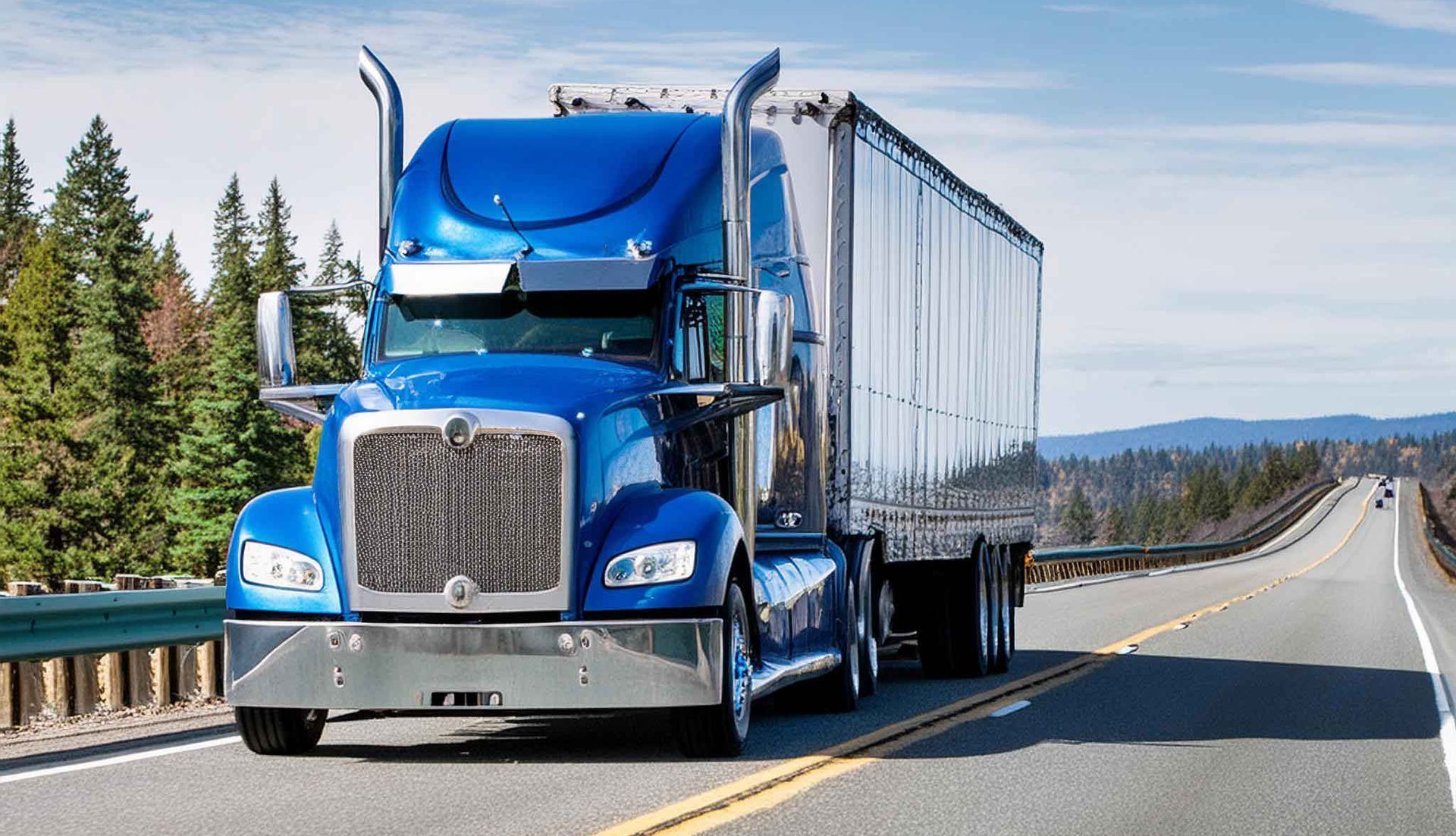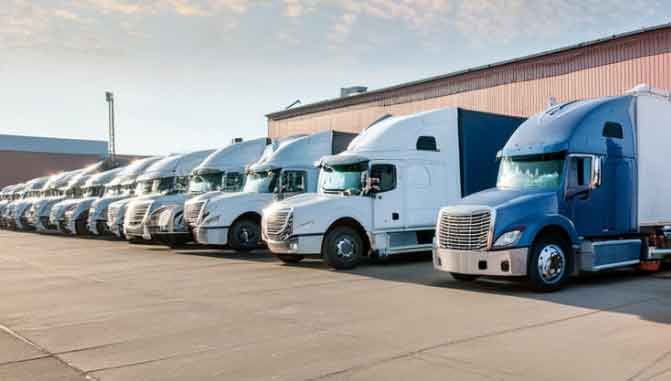Intermodal and Rail Modes of Transportation
Advantages of Intermodal & Rail Transportation
In the modern era, efficient transportation plays a vital role in the growth and development of economies across the globe. Intermodal and rail modes of transportation have emerged as key components of the logistics industry, providing reliable and sustainable solutions for moving goods and people. In this article, we will delve into the concepts of intermodal and rail transportation, exploring their benefits, challenges, and their significant contributions to global trade and transportation networks.
Understanding Intermodal Transportation:
Intermodal transportation involves the movement of goods using multiple modes of transport, such as truckload and rail, without the need for handling the cargo itself when changing between modes. It allows for seamless transfer of goods from one mode to another, utilizing specialized containers or trailers that are compatible across different modes.
Key features of intermodal transportation include:
- Efficient Logistics: Intermodal transportation optimizes logistical operations by leveraging the strengths of various modes of transport, such as the speed and flexibility of trucks, the capacity of trains, and the long-distance capabilities of ships and planes. By combining these modes strategically, it minimizes transit times, reduces costs, and enhances overall supply chain efficiency.
- Environmental Sustainability: Intermodal transportation offers significant environmental benefits by reducing carbon emissions and congestion on roadways. By shifting a portion of freight from trucks to trains, it reduces fuel consumption and lowers greenhouse gas emissions, making it a more sustainable option for long-haul journeys.
- Increased Reliability: Intermodal transportation networks are designed to handle unforeseen disruptions, such as traffic congestion or adverse weather conditions. If one mode encounters a delay or disruption, goods can be seamlessly transferred to an alternative mode, ensuring timely delivery and minimizing the impact on supply chains.
Exploring Rail Transportation:
Rail transportation, a critical component of intermodal logistics, refers to the movement of freight by train. Railways offer several advantages that make them a preferred choice for both domestic and international transportation:
- Efficient Cargo Movement: Railways excel in transporting large volumes of goods over long distances. They have high carrying capacity and are particularly effective for bulk commodities such as coal, ores, grains, and containers. Rail freight enables cost-effective transportation, reduces road congestion, and minimizes wear and tear on highways.
- Economic Benefits: Rail transportation plays a pivotal role in boosting economic growth and regional development. By connecting cities, industrial hubs, and ports, railways facilitate trade and commerce, enabling efficient movement of goods, creating jobs, and stimulating economic activities along their routes.
- Environmental Sustainability: Rail transportation is widely recognized for its eco-friendliness. Trains are significantly more fuel-efficient compared to trucks, resulting in lower carbon emissions and reduced air pollution. Railways contribute to reducing traffic congestion and improving air quality by shifting freight from road to rail.
- Safety and Reliability: Railways offer a safe and reliable mode of transportation. They operate on fixed tracks, which minimizes the risk of accidents caused by human error. Moreover, rail networks are less susceptible to weather-related disruptions, ensuring a higher degree of reliability compared to other modes of transport.
Intermodal modes of transportation provide essential links in the global logistics chain, enabling the movement of bulk & palletized cargo efficiently and sustainably. Rail transportation, as a key component of intermodal systems, offers significant benefits in terms of efficiency, economic growth, environmental sustainability, and safety. As we move towards an ever-more interconnected world, understanding and embracing these
modes of transportation
will be crucial for building resilient and sustainable transportation networks.
TLI Insights
Get the latest logistics insights and tips from TLI's award-winning team. Stay ahead in transportation planning.
Questions? Email us at marketing@shiptli.com



